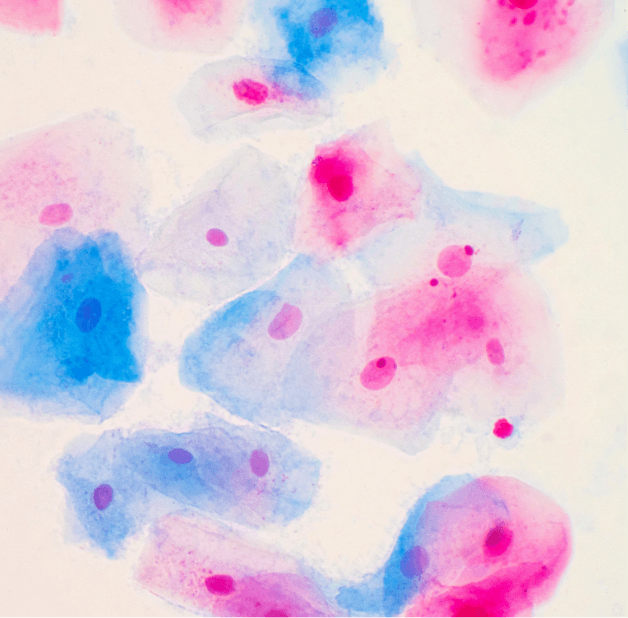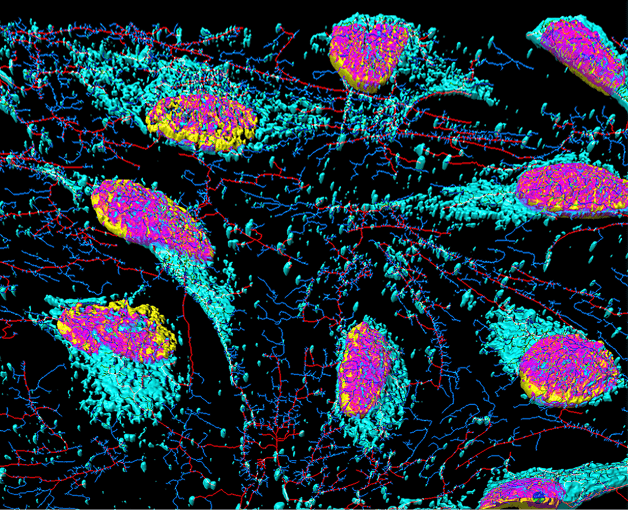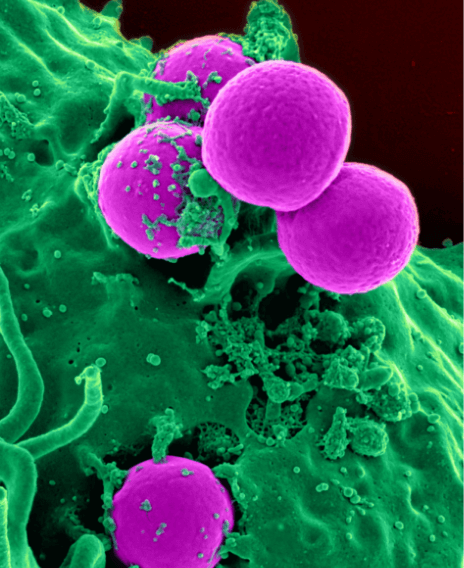TECHNOLOGY
Early Detection, Better Outcomes

Can Our Technology Be Used to Detect Other Cancers?
We believe our platform technology can be applied to other forms cancers. We’ve obtained promising results in human testing for patients at risk of developing esophageal cancer. While a great deal more testing and development work needs to be done, we believe that there is a need for our technology in the esophageal market.
We believe the technology can be applied to other cancers where early detection improves quality of life:
- Head and Neck Cancer
- Anal Cancer
- Colorectal Cancer
- Skin Cancer
Spectroscopy
Science of Spectroscopy
Imaging
Multimodal Hyperspectral Imaging
Luviva
LuViva® Advanced Cervical Scan
Reflectance spectroscopy
measures the color and intensity of reflected light and can be used to determine if structural changes are taking place in the tissue.
In the case of LuViva, structural changes that affect light reflectance and scattering are epithelial thickening, nuclear size, and content, and increased blood flood within the tissue.


Fluorescence spectroscopy
measures the wavelength of light that is re-emitted from an object that has been illuminated.
It is used to determine the presence and concentration of certain chemical markers present in the tissue. Examples of fluorescent markers that may indicate the early stages of cancer are tryptophan, flavins, collagen, and elastin.
The products developed by Guided Therapeutics are derived from our biophotonic technology platform, multimodal hyperspectral imaging. Multimodal refers to the application of more than one type of spectroscopy to determine the composition of tissue. Hyperspectral refers to the precise way we analyze the light coming back from the tissue.

Using light, our technology scans tissue to determine its chemical and structural composition at the cellular level. The spectra collected from the scan are then interpreted by an artificial intelligence algorithm to produce an objective result at the point of care.
Our LuViva® Advanced Cervical Scan was designed using GTI’s biophotonic technology to non-invasively scan uterine cervical tissue in order to determine the likelihood of pre-cancer or cancer.
Using only carefully selected wavelengths of light, the LuViva gently scans the cervix analyzing its chemical and physical composition. The scan takes a little over one minute to complete and a result is provided immediately.
Due to the nature of light waves, our scanning technology can penetrate below the tissue surface to detect changes before they may be discovered in conventional testing methods such as cytology or pathology. In published clinical studies that included patient follow-up, it was shown that the LuViva was able to detect pre-cancer up to two years earlier than the tissue-sample methods such as the pap test.
The LuViva® Advanced Cervical Scan is able to accomplish this using reflectance and fluorescence spectroscopy to detect both physical and chemical changes in tissue that are markers of cervical cancer.

About LuViva
The LuViva® Advanced Cervical Scan uses biophotonics to detect both physical and chemical changes in tissues that are early signs of cancer. LuViva uses artificial intelligence (AI) to identify the key spectral components diagnostic of developing cancer. Our products are designed to improve the patients’ experience, provide the physician with more effective tests and improve the efficiency of the healthcare system. Go to myluviva.com to learn more.
In the United States the Guided Therapeutics LuViva® Advanced Cervical Scan is an investigational device and is limited by federal law to investigational use.
